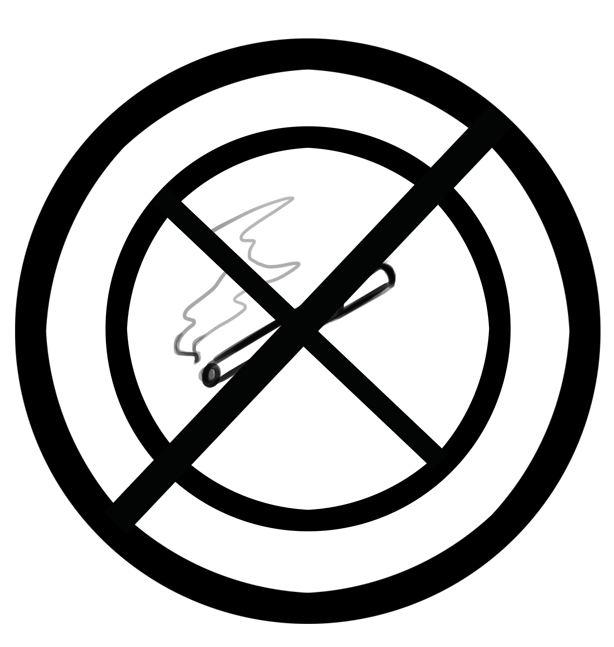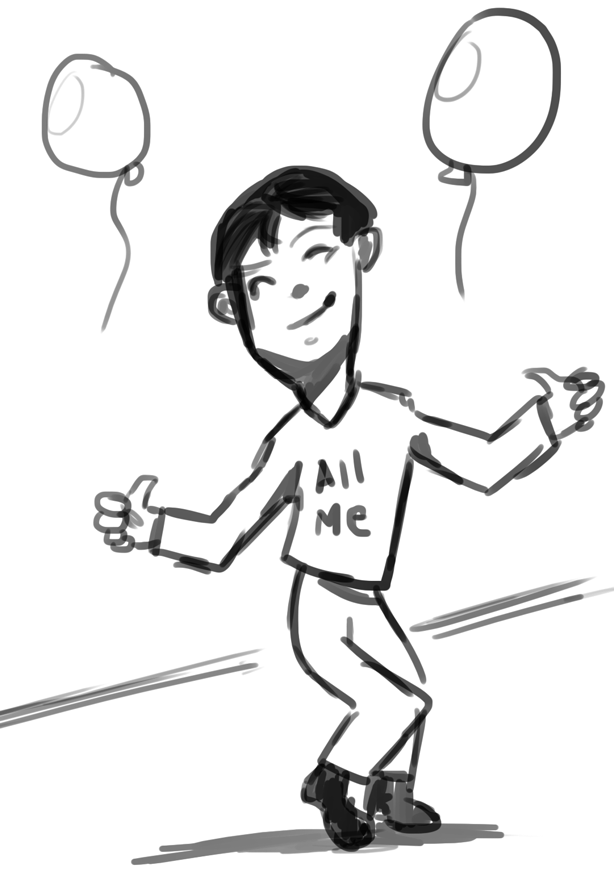Grizzly and polar bear hybrids, oh my!
With rising tempuratures, polar bears are coming down from icier northern regions and moving into Canadian (and American) soil by means of Alaska and the territories.
This is a problem because the polar bears seem to have a keen interest in our grizzly bears — another big, bulky hunk of dangerous muscle.
So what, you might be thinking. Won’t that just result in some ridiculously awesome hybrid?
A hybrid, yes, but perhaps not very awesome. Instead, the combination of genetics is creating an even more aggressive, and therefore more dangerous, species of bear.
This mismatched animal has the potential to screw up our ecosystem by preying on different species and causing more problems for locals. With a new marauder to worry about, humans and animals alike will be impacted.
The calm, serene forests of Canada have gained a new predator; perhaps even a foe for the hunter of all hunters — us.
E-cig ban a growing trend in nanny states
The Big Apple, now run by the worms, may soon add e-cigarettes to their smoke-free air act. After a vote of 43-8 from city council and the signature of late mayor Bloomberg, such harmless water-vapour-emitting innovations of the free market have been banned from public and private venues.
The reason, according to city council speaker Christine Quinn is that “many of the e-cigarettes are designed to look like cigarettes and can lead to confusion or confrontation,” as reported by 1010 WINS AM.
Yet this ludicrousness seems to be trending among other wannabe-nanny states. Chicago has also passed a 45-4 vote to prohibit e-cigarettes from public spaces.
Richard Carmona from e-cigarette manufacturer NJOY wrote to the New York council saying the ban was “well-intentioned but scientifically unsupported,” and that it “constituted a giant step backward in the effort to defeat tobacco smoking.”
Weak arguments for the ban expose these governments’ priority of tobacco taxation over saving lives. Hopefully these bans will be revoked with more evidence of e-cigarettes easing people out of smoking and benefitting their health.
Socially acceptable to be antisocial
Remember the days of those early ‘90s TV shows like Saved by the Bell and Boy Meets World? The bell rang and the halls were filled with the hustle and bustle of chatty teens.
What happened to those casual social interactions between classes, from our high school days until now?
Last week, as I walked down the hall of D building, the walls were lined with students, using the wall as some form of balance prop, gazing intently at their iPhones. No one spoke, and only their thumbs moved.
I know people generally avoid small talk like the plague, and the invention of the iPhone has made it incredible easy to do. However, the fact we retreat to our iPhones instead of making friendly, chatty conversation is sad.
I am just as guilty in using my phone as a socially acceptable way to be antisocial, but if you choose to strike up a conversation with someone before class starts instead of checking your Twitter feed, you’ll most likely improve your “small talk” skills, and — who knows — you may even make a new friend.
Neil Young is a product, too
I love Neil Young. I don’t like the oil sands. But the sludge that we’re pumping out of Alberta is much like Young — they’re both products.
After Young finishes his latest fundraising tour, he’s going to donate the profit to First Nations organizations to help battle the oil companies and pay for legal fees.
Who is going to be the winner in this latest eco-show? The lawyers, for one. And of course, Young will still be paid for his performances. So will his crew, his manager, and the catering staff. Only the cash that remains after payday will be donated.
I applaud what Neil Young is trying to do, but the end result of this debate will be bigger consumer SUVs with bigger stereos, playing Young’s songs louder than ever before. Instead of looking to a musician to solve our problems, we should be getting a political economist on the front line.
Rock-star campaigns always end the same: a lot of feel good promises that quickly drain themselves empty, like the gas tank of a tour bus. We need politicians and policy makers to take this issue seriously.





